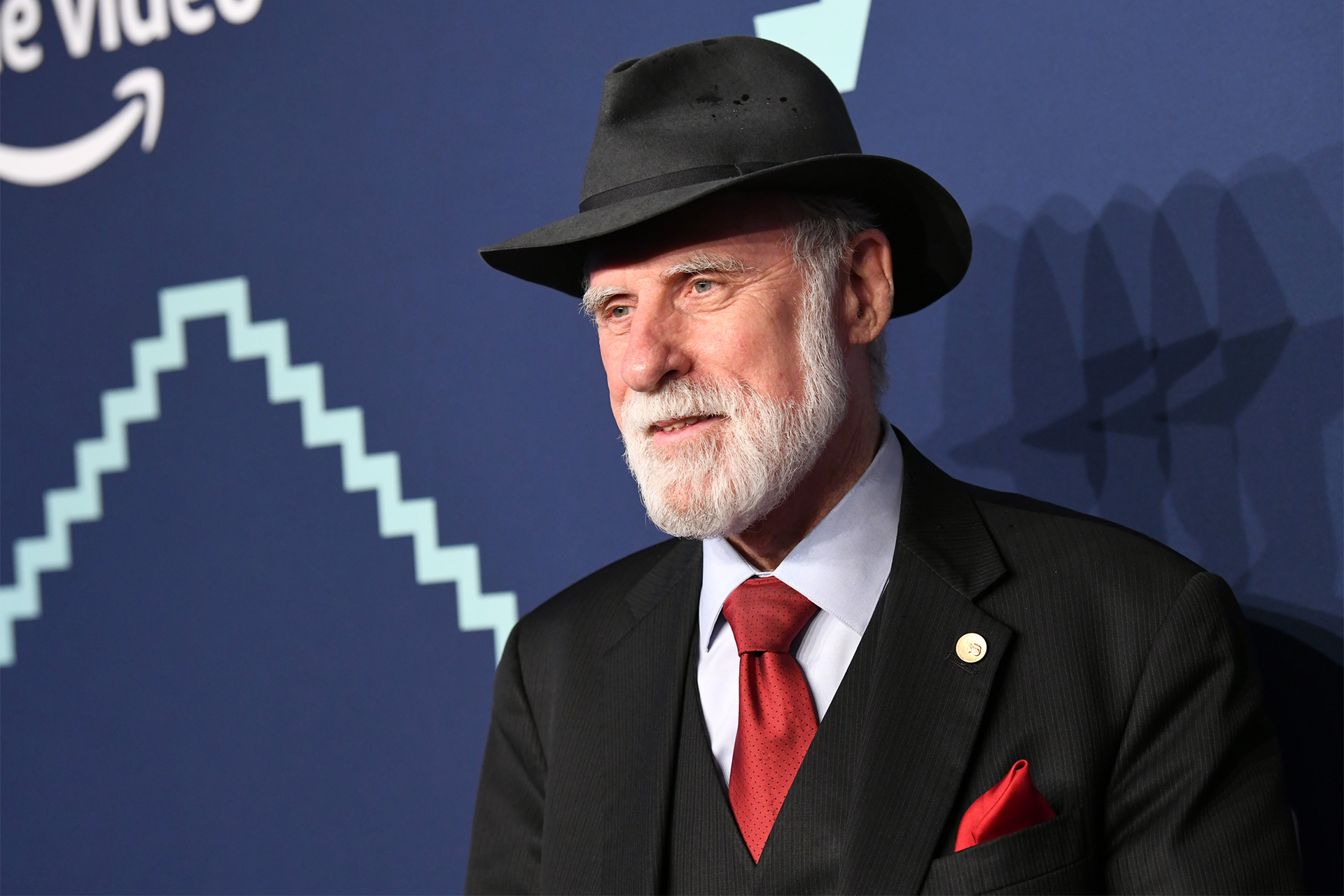Artificial intelligence technologies such as ChatGPT have sparked a lot of controversy in recent weeks, but one Internet creator warns against a perceived rush to adopt these technologies.
Vint Cerf, widely known as the “Father of the Internet,” warned against hasty investment in AI chatbots like GPT Chat and Google’s Bard simply because they are “cool.” And hot.
And the American channel "CNBC" quoted Cerf as saying - at a conference in Mountain View, California - that chatbots with artificial intelligence have an "ethical problem", and he hopes that people will think about it before investing in this technology.
Cerf said - according to CNBC - "Everyone talks about GBT or Cool chat positively, and we know that they do not always work the way we would like."
He also said people should "remember" that some humans using new technology are not always honest and "will seek to do what is good for them and not for you", so investors should "think about how we use these technologies".
Cerf addressed the owners of the companies, saying, "If you think that you can sell this technology to investors because it is exciting and everyone will throw money at you, then do not do it, be careful because we cannot always predict what will happen with these technologies, and to be honest, most of the problem lies with people, This is why we humans haven't changed in the past 400 years, let alone 4,000 years ago."
Cerf is known as the "chief Internet evangelist at Google" - a job description for people who have contributions to support a technology and gather advocates around it - and he is described as one of the "fathers of the Internet", because he participated in the design of some of its engineering, contributed to its spread and the development of global policy. related to it.
Technology giants such as Google and Microsoft have joined the global race towards artificial intelligence (Getty Images)
Cerf told the conference audience that he had asked one of the chatbots to add an emoji at the end of the sentence, but he did not do so, and he also asked the chatbot to give him a biography about himself, but his answer had errors, according to CNBC. .
Cerf adds that engineers like him must hold themselves accountable for correcting errors, and notes that learning "how to reduce the probability of worst-case is very important."
Technology giants such as Google and Microsoft have joined the global race to launch their own chatbots, after OpenAI launched ChatGBT last November. Google issued a "code red" to employees after the launch of ChatGBT over concerns that it could pose a threat to Google's search engine.
A day before Microsoft launched its new Bing search engine in collaboration with OpenAI, Google announced its chatbot Cool, which CEO Sundar Pichai said was an "experimental service for artificial intelligence."
Bard, which was released last Monday, is now open to "trusted testers only," but Pichai said it will be made available more widely over the coming weeks.
However, some Google employees have reportedly criticized the launch of this program as "hasty" and "a failure".

